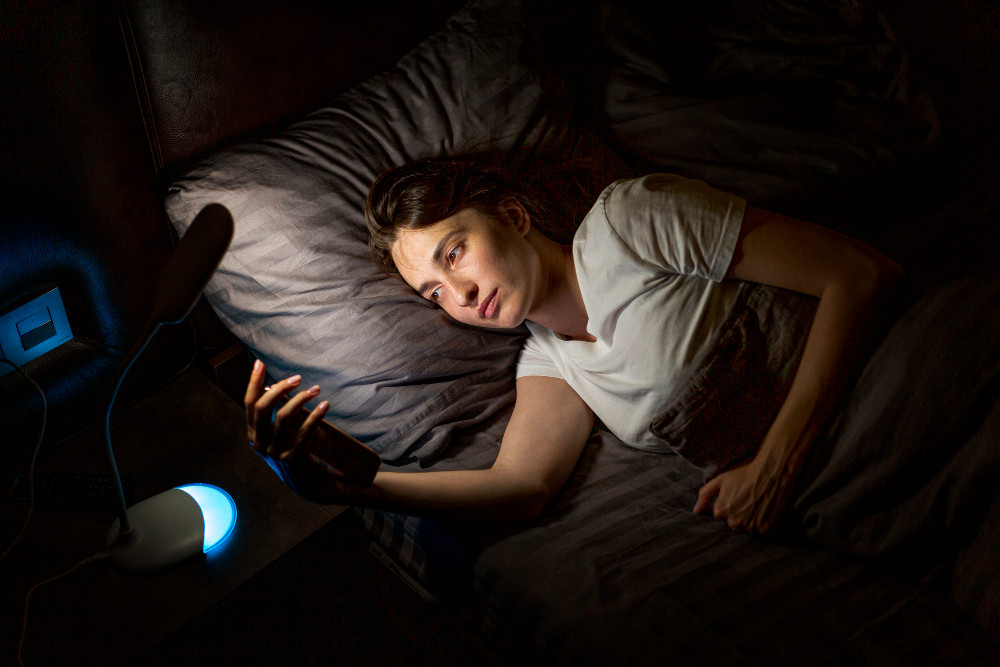Most people need about 6–8 hours of sleep each day. Insufficient sleep can lead to waking up feeling groggy, which can reduce concentration and cognitive abilities.
However, some individuals may sleep for less than the normal duration and still wake up feeling refreshed. This condition is known as short sleeper syndrome. But is this condition dangerous? Check out the review in the following article.
What is short sleeper syndrome?
Short sleeper syndrome is characterized by sleeping less than 6 hours per night. While most people require 6-8 hours, those with this syndrome can thrive on shorter sleep durations and still feel rejuvenated.
It’s important to note that short sleeper syndrome is different from simply not getting enough sleep. People who are sleep-deprived often experience symptoms such as irritability, difficulty concentrating, dull skin, drowsiness, and fatigue.
In contrast, individuals with short sleeper syndrome function well cognitively and maintain energy levels despite their shorter sleep times.
Signs of short sleeper syndrome
The primary indicator of short sleeper syndrome is needing only 4–6 hours of sleep each night. Other signs may include:
- Sleeping less than six hours, even when more time is available
- Waking up without needing an alarm
- Feeling refreshed upon waking, even after a short sleep
- Not experiencing daytime drowsiness
- Not sleepy during the day
Causes of short sleeper syndrome
The exact cause of short sleeper syndrome is still unclear, but experts suggest that it may be linked to genetic changes. These genetic variations allow some people to feel alert and refreshed after shorter periods of sleep. Specifically, individuals with this syndrome may have changes in the DEC2 or ADRB1 genes.
Research also indicates that short sleeper syndrome could be hereditary, meaning that parents can pass this condition on to their children. As a result, children with this syndrome may have a family history of short sleeping patterns.
Managing short sleeper syndrome
Currently, short sleeper syndrome does not appear to lead to complications or health problems. This condition typically does not require special treatment, as it is not harmful.
However, it is essential to differentiate short sleeper syndrome from other sleep issues. Consult a doctor to determine whether you truly have this syndrome or if your short sleep duration is a sign of chronic sleep deprivation. Potential causes of chronic sleep deprivation include:
- Poor sleep habits
- Sleep disorders
- Excessive caffeine consumption
- Anxiety or stress
- Inadequate nutrition or lack of exercise
- Certain medications
If you frequently sleep for short periods and wake up feeling unrefreshed, it is best to see a doctor for appropriate advice and treatment. You can also make use of the consultation features that are available in the Ai Care application by downloading the Ai Care application from the App Store or Play Store.
Looking for more health tips and tricks, first aid, and home remedies? Click here!
- dr Nadia Opmalina
Peters, B. (2024).Reasons Why You Only Sleep a Few Hours a Night. Available from: https://www.verywellhealth.com/short-duration-sleep-and-sleep-restriction-3015136
Cleveland Clinic. Short Sleeper Syndrome (SSS). Available from: https://my.clevelandclinic.org/health/diseases/short-sleeper-syndrome-sss
Suni, E. (2023). Short Sleepers. Available from: https://www.sleepfoundation.org/how-sleep-works/short-sleeper-syndrome
LifeMD. (2023). What is Short Sleep Syndrome?. Available from: https://lifemd.com/learn/what-is-short-sleep-syndrome












